As the Greek philosopher Aristotle once moralised, ‘Where the needs of the world and your talents cross, there lies your vocation.’
Derived from Latin, the verb vocare and its derivative vocation talk to a feeling of security in knowing a particular career is right. It’s more than a job, a career, a means of earning money. It’s a calling. It’s how I felt about nursing from an early age but I got distracted by a life of travel and being an expatriate. It was through years spent in the developing world, surrounded by suffering, inequality and hardship, that I realised my eyes could no longer be blindfolded by the western narrative of ‘things are improving.’ My sense of empathy sent me back to Australia, where I undertook a Bachelor of Nursing.
Volunteering as a Nurse: How it All Began
During those three formative years, I never lost focus of my initial plan. I knew I wanted to nurse in the developing world, so with said resolve I worked hard, focused my attention on attaining high academic results and set my sights on emergency nursing. With a near-perfect GPA and a host of accolades to my name, I was fortunate to be interviewed for a transitioning year at the Gold Coast University Hospital in Australia. Turning up to the interview day, filled with trepidation, I knew my chances were slim: surrounded by hundreds of other graduates, I thought I had no chance. After two days of undertaking exams, participating in role plays and attending various interviews, I was offered one of 8 positions in the emergency department.
I had no idea what I was in for. My transitioning to nursing year was a rollercoaster of emotional highs and lows. As the busiest emergency department in the southern hemisphere at the time, my learning curve was steep and it happened quickly. As a teaching hospital and trauma department, I was exposed to a vast array of presentations, more than I could ever have anticipated. From shark attack wounds to uncountable chest pain presentations, cardiac arrests, ICE-induced psychotic outbursts, snake bites and penile avulsions, my theory to practice gap reduced and my experience and competence grew. Although I was growing, I always felt as though something was missing: the time to truly help my patients, build rapport and shower them with human kindness. I appreciated the opportunity I’d been granted but grew tired of the vulnerable human in the bed being no more than a bed number.
One day, while reading an article about career direction, I stumbled across the wise words of the great Mother Teresa who said, ‘It is not how much we do – it is how much love we put into the doing.’ It reminded me of the reason I’d originally become a nurse, the initial vision as well as the nurse I wished to embody.
Volunteering as a Nurse in Tanzania: Flying Medical Service
Through a colleague and friend, I was put in touch with an Australian paramedic working in Tanzania. Before long, I was invited to Arusha. Throughout my stay, I was humbled by the enormity of the job that faces nurses in country. With a ratio of less than one nurse to 1000 patients, providing adequate care – on some days – feels an impossible task. Despite such odds, the nurses with whom I worked maintained a firm resolve to continue serving their people – a living epitome of Aristotle’s sentiments.
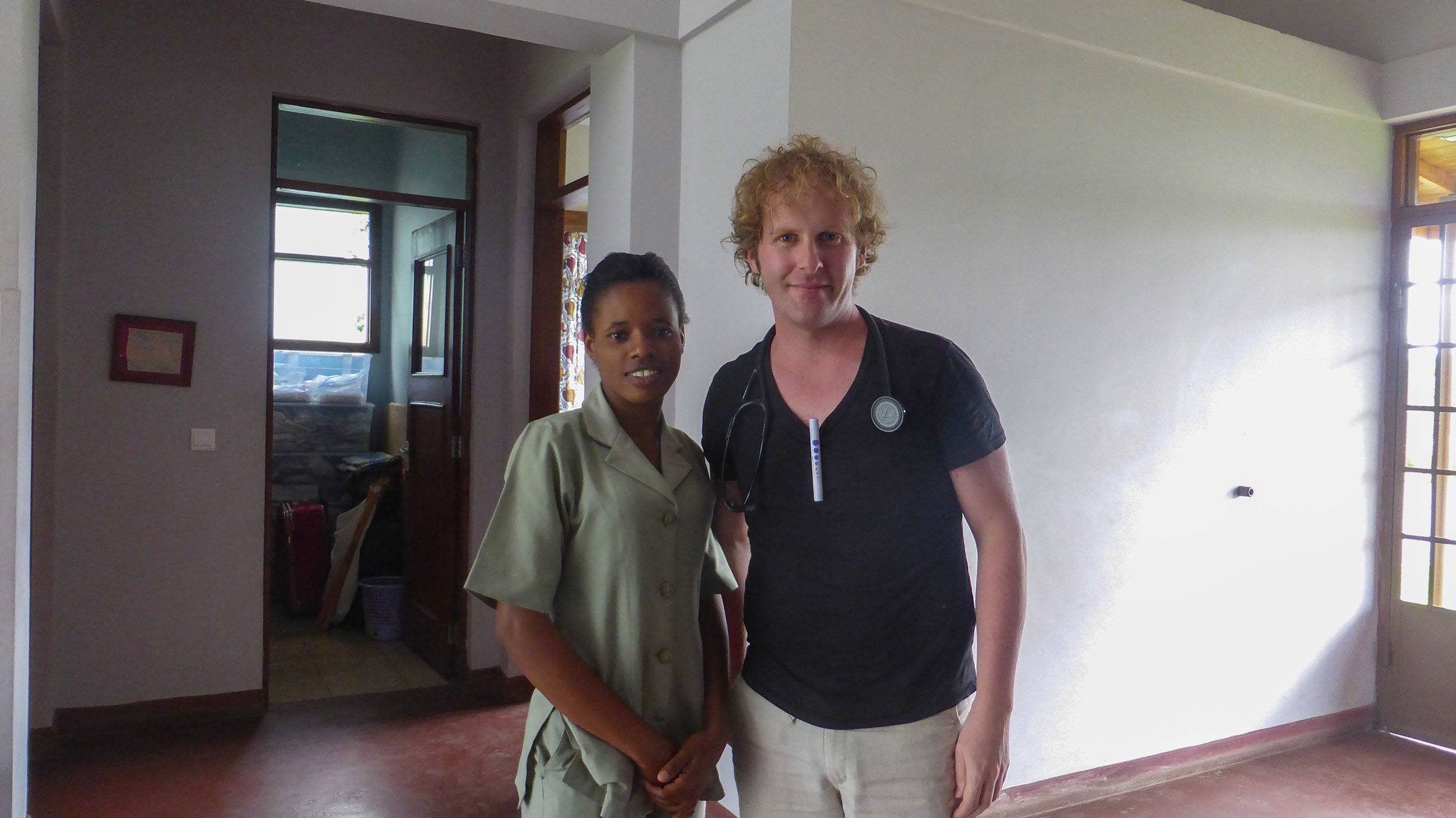
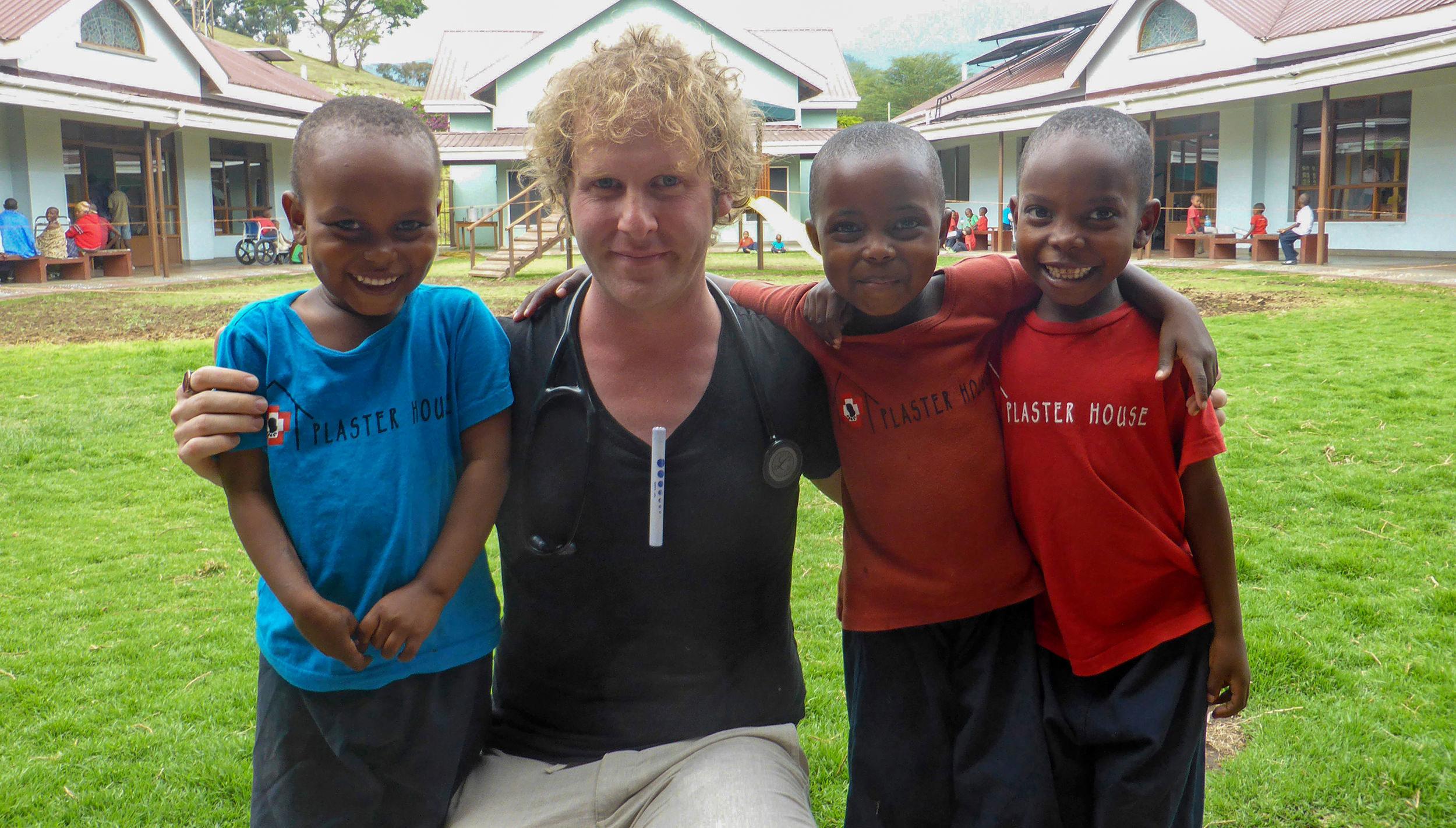
I had the opportunity to work with children whose club foot disabilities had been surgically repaired and were being rehabilitated in supported care. I was also able to work for a flying medical service, visiting remote parts of the country to give immunisations to children 90% of whom, prior to the commencement of Wings of Hope in the 90s, died due to common childhood diseases. As part of Wings of Hope, I was at times required to work as part of a retrieval service, collecting critically ill patients from around the country.
One day, the pilot and I collected a critical cardiac patient, in a location that was a two-hour flight from the capital and the country’s best hospital. The staff from whom I took handover had stabilised the man as much as possible but I knew I had only a small reserve of medication in the instance he deteriorated further. Terror washed over me. I think the pilot grew weary of me asking “what’s our ETA” every 20 minutes. With just the three of us on board, this person’s life was in my hands. Continually monitoring his condition and being ready to perform CPR at every turbulent bump in the clouds, we somehow made it, one live patient, a frazzled nurse and an exasperated pilot. It taught me a lot about ways in which to use resources sparingly and helped me appreciate the quality of healthcare in the developed world.
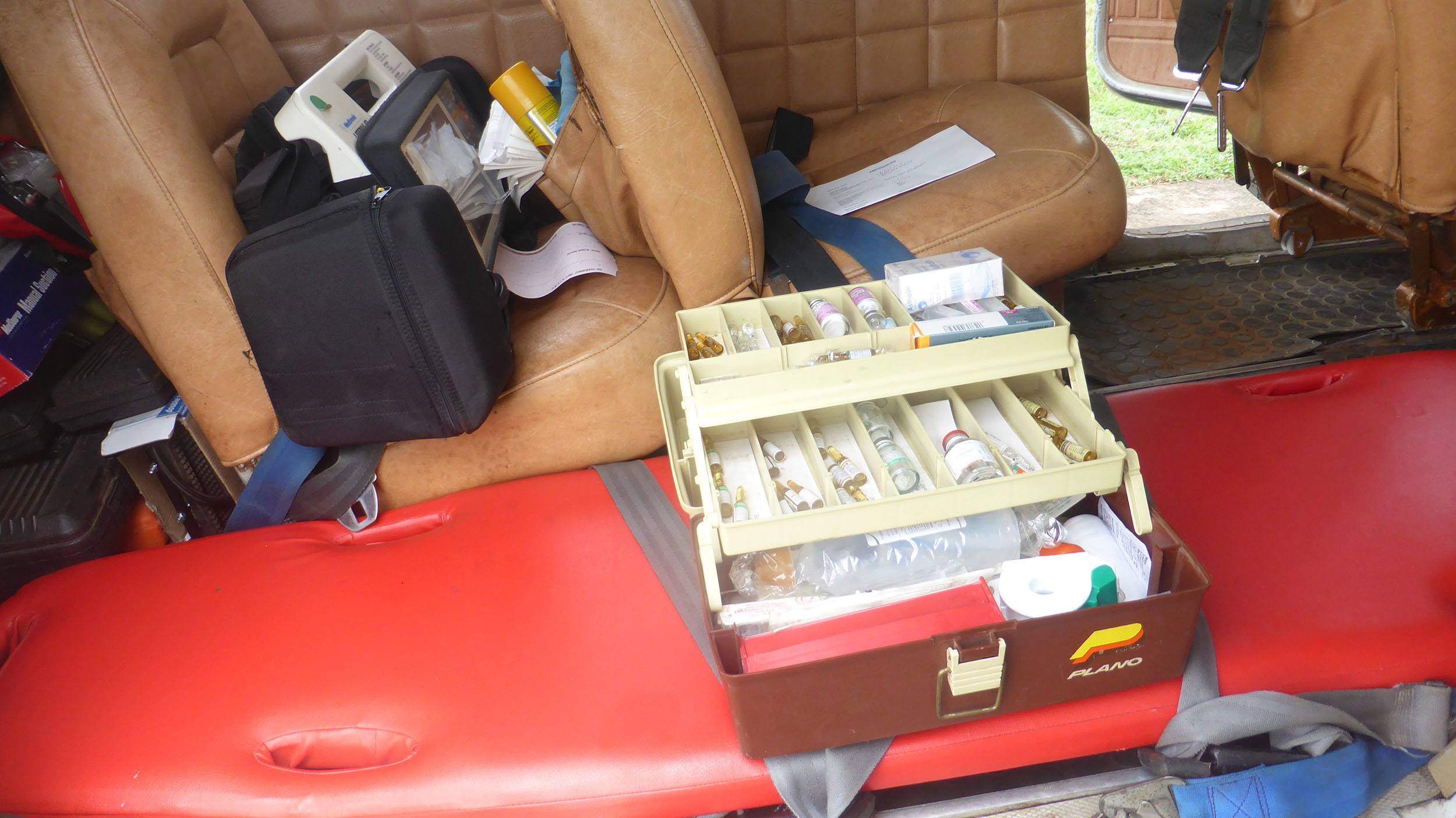
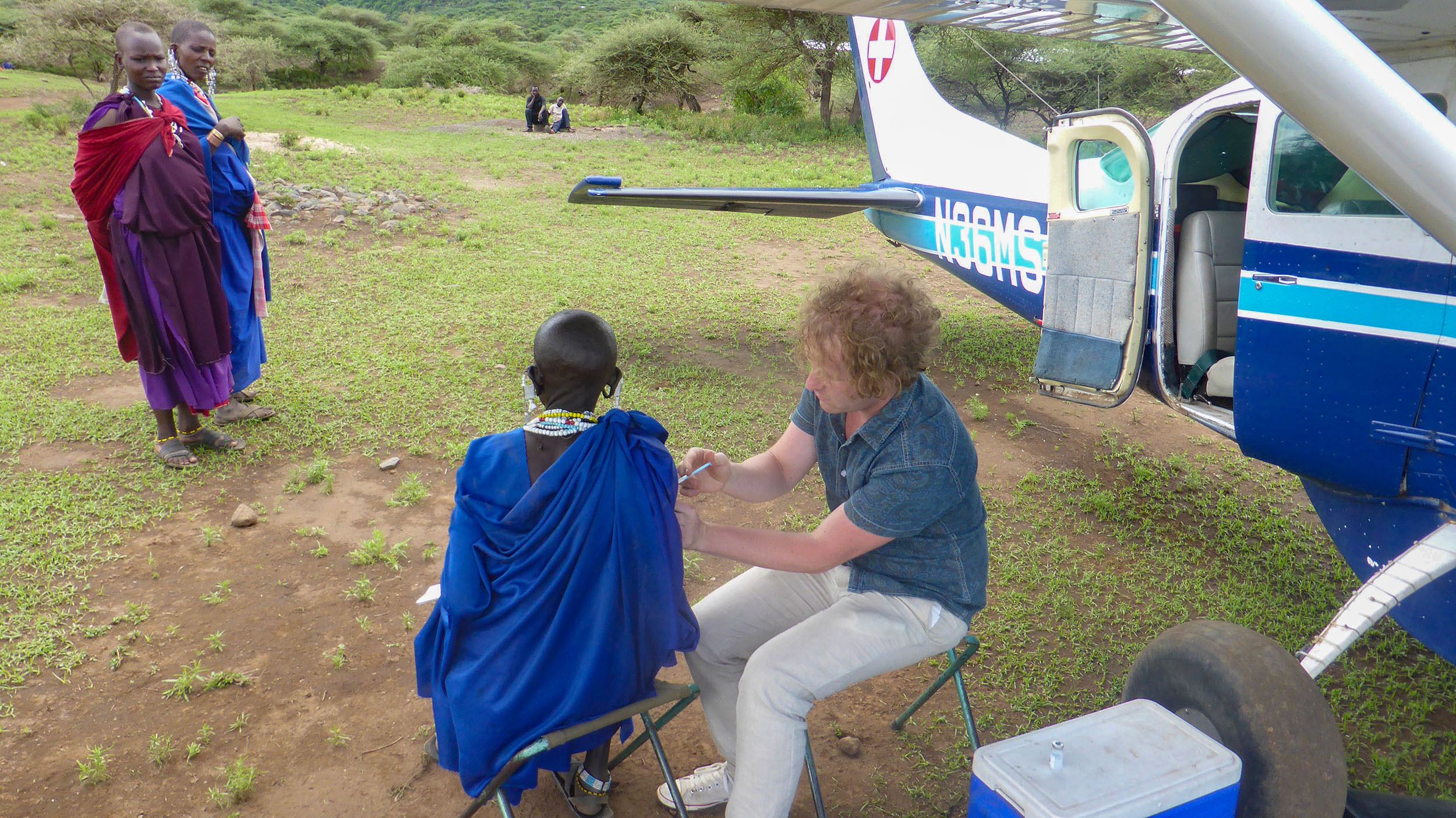
I left the role and country with an enormous sense of gratitude in tow and a renewed understanding of how much support is required to help people who don’t have access to adequate healthcare.
Volunteering as a Nurse in Nepal: Rural Public Health Campaigns
Following my time in Tanzania, I spent 18 months travelling and volunteering in other parts of the world. In Nepal, a country and people rooted deeply in my heart, I was sent to a small village in the mountains outside of Kathmandu. It’s here that an Australian nurse from Sydney and I had the opportunity to design and implement first aid public health campaigns. Our days were spent walking from village to village, avoiding snakes and engaging the matriarchs of each family who would then train their families in the basics of how to save a life.
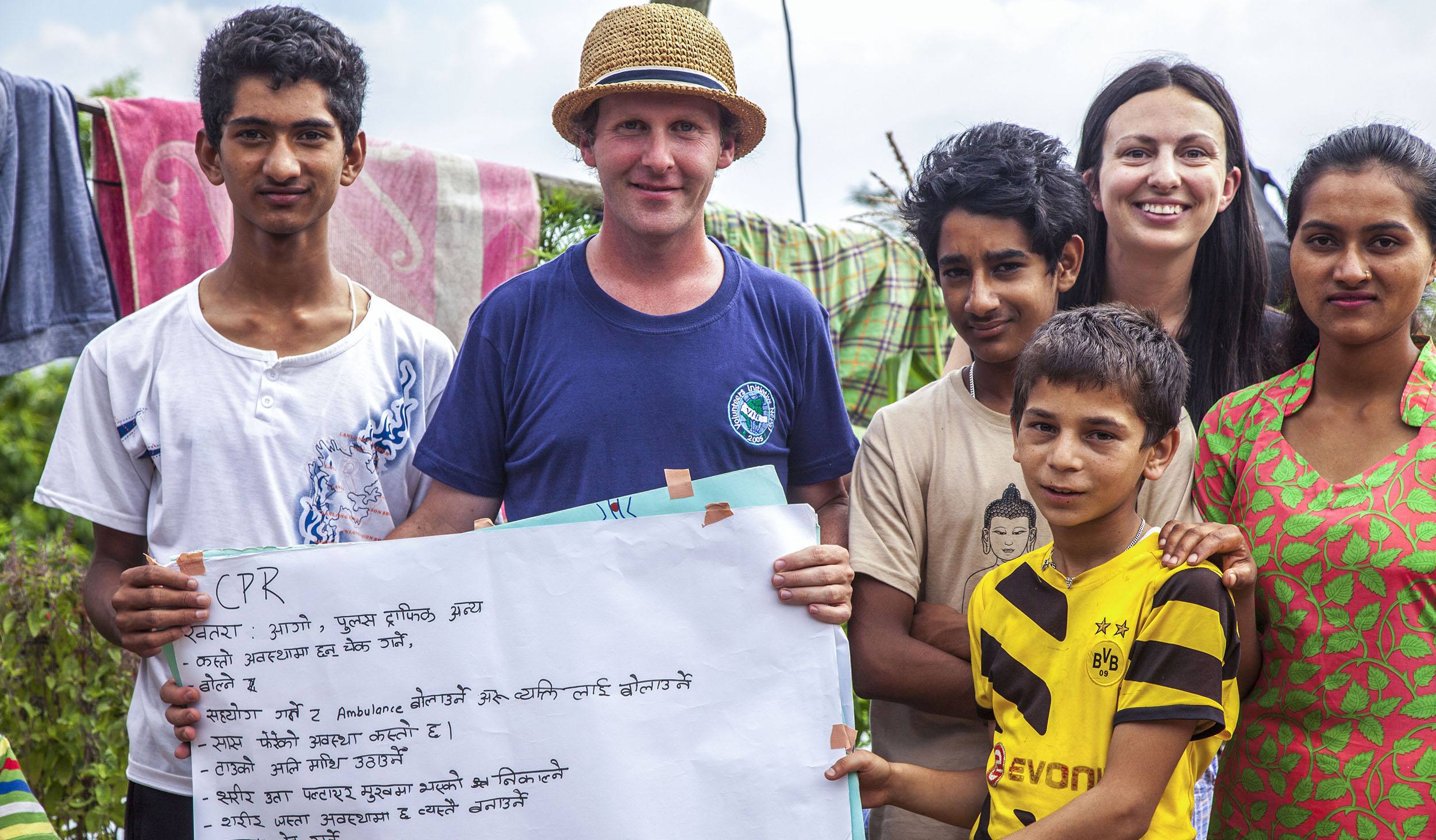
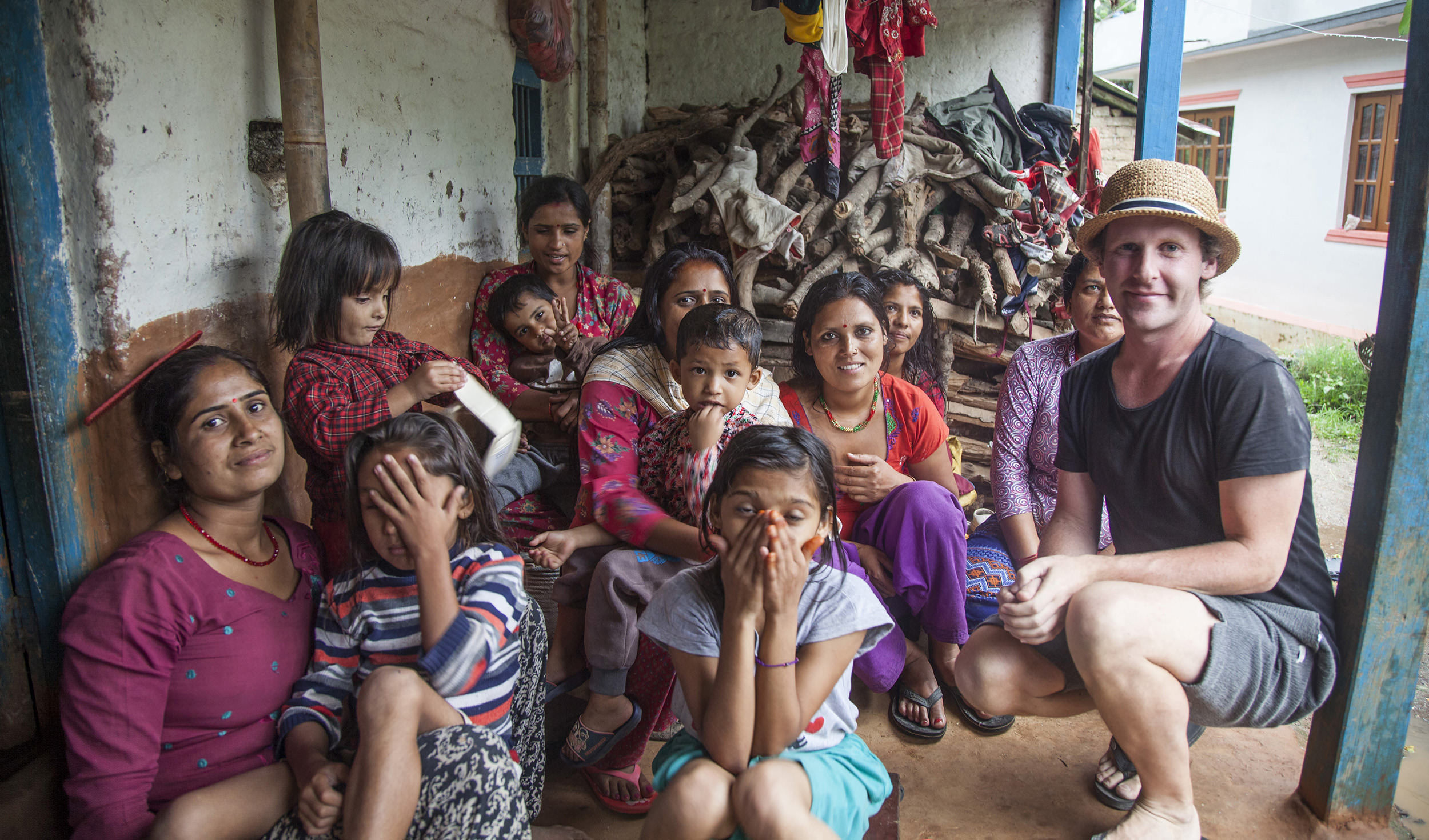
Volunteering as a Nurse in India: On Board India's Lifeline Express
After Nepal, it was in India that I worked on the world’s original hospital train, the Lifeline Express. This, too, was perspective altering. Transformed into a moving hospital with carriages dedicated to operating theatres, recovery wards, consultation rooms and imaging spaces, the train travels the length and breadth of the world’s second-most populous country, delivering free healthcare to some of the globe’s poorest agrarians.
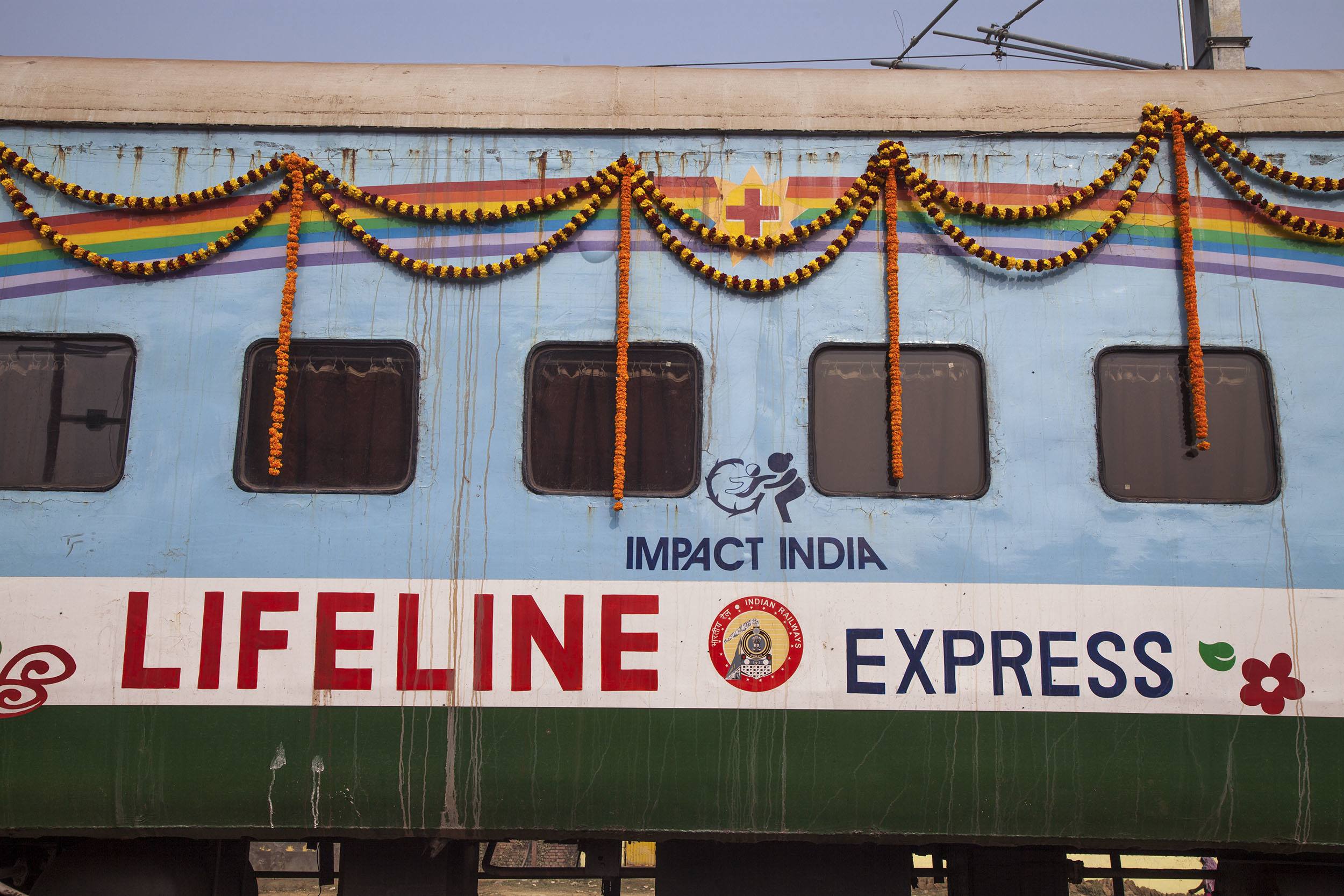
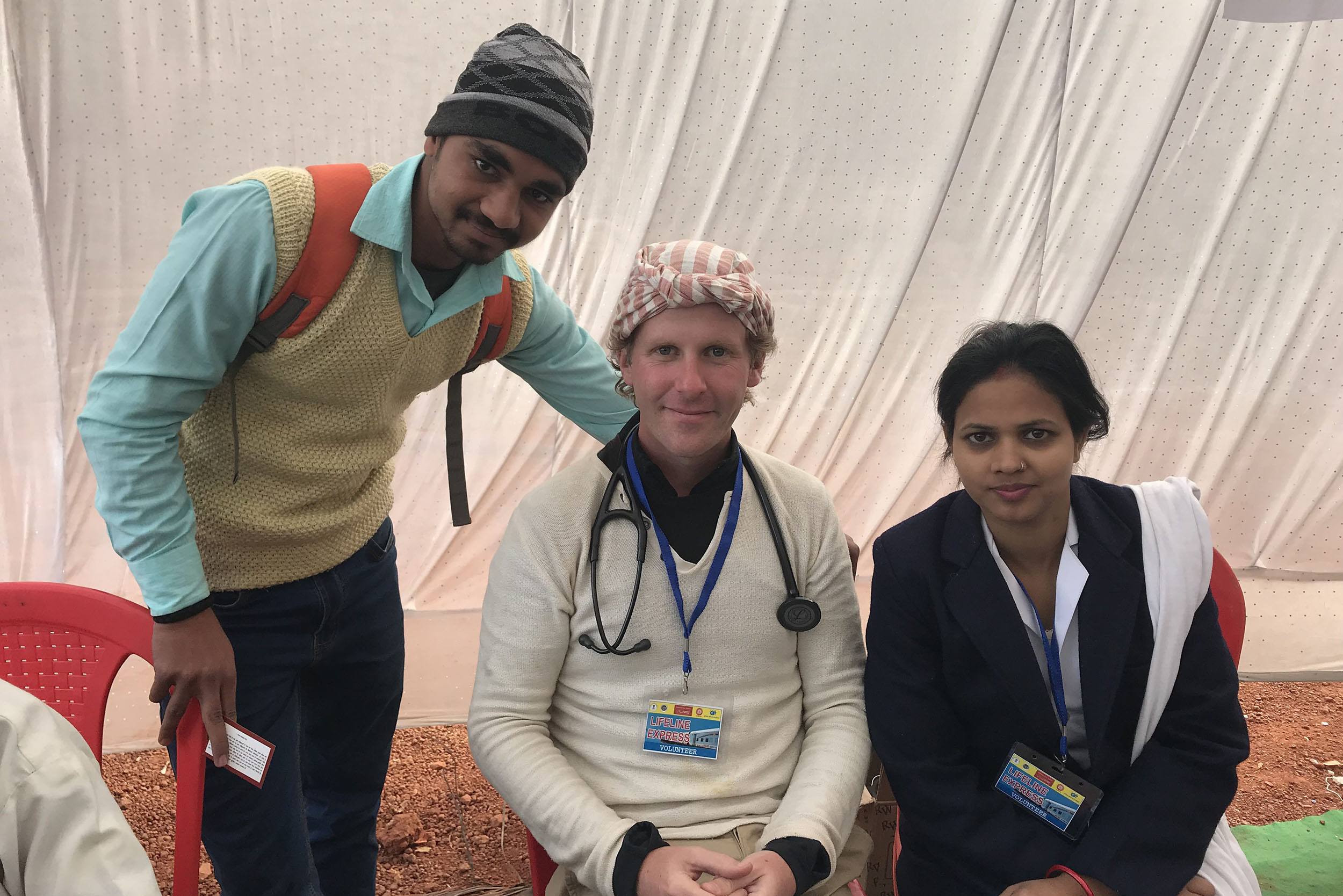
When not working in the operating theatre, I had the chance to follow the journey of several patients, all of whom had been left disabled by cataracts, unable to receive surgery due to access and low resource issues. As one of the poorest states in India, Uttar Pradesh is home to many Indians who lead agrarian lives, tending to land or working on farms. A simple cataract surgery was transformative for these patients, restoring not only their sight but also their ability to tend their land and earn a meagre income with which to provide the basics for their families. Without the train, thousands – or perhaps even millions - of Indian lives would remain disabled or without basic health care. It was a privilege to be a part of the service, even though I personally didn’t have the impact Lifeline Express’s Impact India does.
What's the Point in Volunteering?
There really are few more rewarding and honourable professions than nursing. We have the opportunity to and privilege of making a difference to the lives of many. As African American poet and civil rights activist Maya Angelou once said, “They may forget your name, but they will never forget how you made them feel.”
The statement 'there is more happiness in giving than in receiving' epitomises the sentiment behind my decision to volunteer as a nurse as much as I can. To give an ounce of my skills, time, energy and empathy to help people in need is always a table turner, serendipity filling me with satisfaction and joy. Giving of oneself to help others particularly when skilled to do so is also a contributing factor to creating a happier and healthier global community. It can go a long way in shaping a more positive future for fellow humans.
If you are a nurse or aspire to be one, never underestimate the power you have in shaping the lives of those you help. Use your power wisely and in the pursuit of good. If you “have a heart that never hardens, a temper that never tires, a touch that never hurts” according to Charles Dickens, your futures as aspirational help-givers will be long and your career rewards great.
Tips for Volunteering as a Nurse
If you are interested in this pathway, I recommend:
- Gaining at least two years of clinical experience in a critical care environment in a developed country
- Doing lots of research to determine where you want to go
- Reflecting critically to discern the real reason that’s motivating you to volunteer
- Reconsidering your decision if it’s merely to put it on your CV or to altruistically save the world
You also need to:
- Discern whether you are going to be a liability or support
- Make contact with organisations, hospitals and clinics in your chosen region and establish a plan, and
- Go forth and help.
I hope this helps. Please let me know what experiences you've had volunteering around the world. I'd love to hear from you.

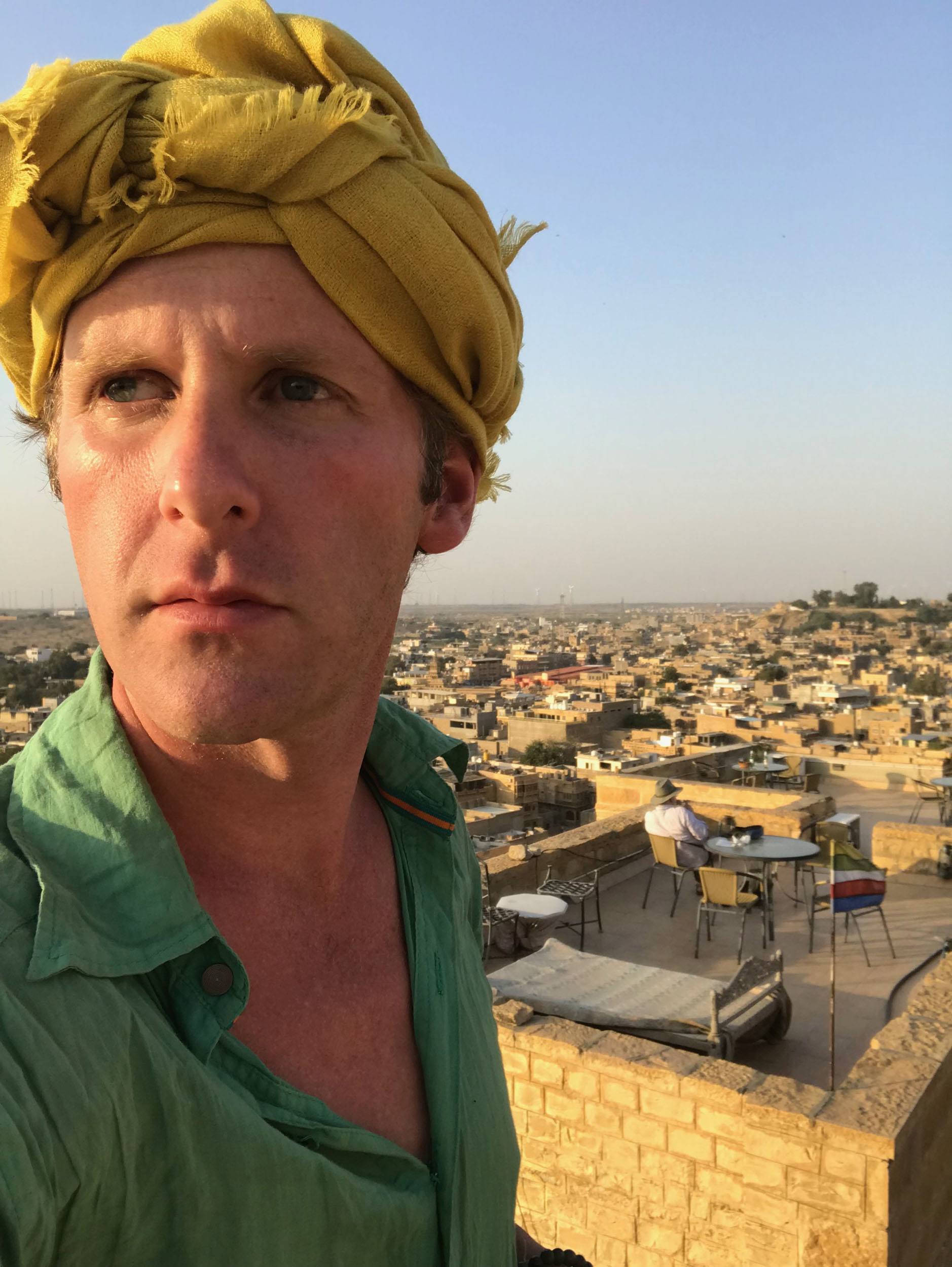

You are incredible Ben. I’m fortunate to have worked along side you for a year.
Dearest Sal, You, too, are incredible! I have such fond memories of working with you during our first year as nurses. Your knowledge, compassion, intelligence and competence were always inspiring. I hope you’re loving motherhood. Thanks for the thoughtful and kind feedback.
Thank you for sharing your journey of volunteering around the world. Your an amazing caring nurse and so proud to have met you. Thank to all those you have helped along your journey. Kim.
Dearest Kim, Thank you for your kind, thoughtful and encouraging words – they mean a lot to me, personally and professionally. I’m also so glad our paths touched in life. I wish you all the best in every endeavour. Ben
What a great read Ben, you have accomplished so much, always be proud of yourself in what you have done. Keep up the fantastic rewarding job you are doing. You are loved and appreciated.
Dear Deb, Thank you for this lovely comment – it means so much to me. Thanks also for your continuing support and encouragement. I do miss working with you. I hope life is treating you well.
Dear Ben, this is all such great news. You are a good person with a great big heart. I only meet you for a short time, New Orleans, shared a meal…I knew then that you are a shining star. Be well, be safe, and lets all keep smiling.
Hi Marie, It was such a pleasure meeting you in New Orleans and dining together. I have very fond memories of that time. Thank you for your lovely, thoughtful and encouraging words. I hope you are keeping safe and happy.
You are gorgeous in every way Ben. Loved reading about your experiences and your tips for volunteers are gold!
Thank you for sharing your work with the world.
Hi Leonne, You are a kind and thoughtful soul. Thank you for taking time to read the article and for responding with kind and meaningful comments.